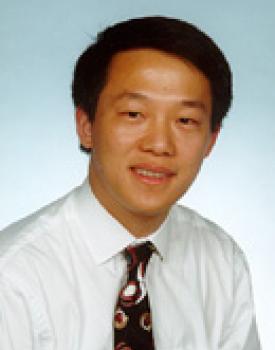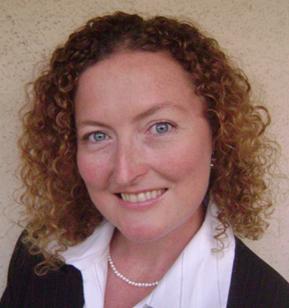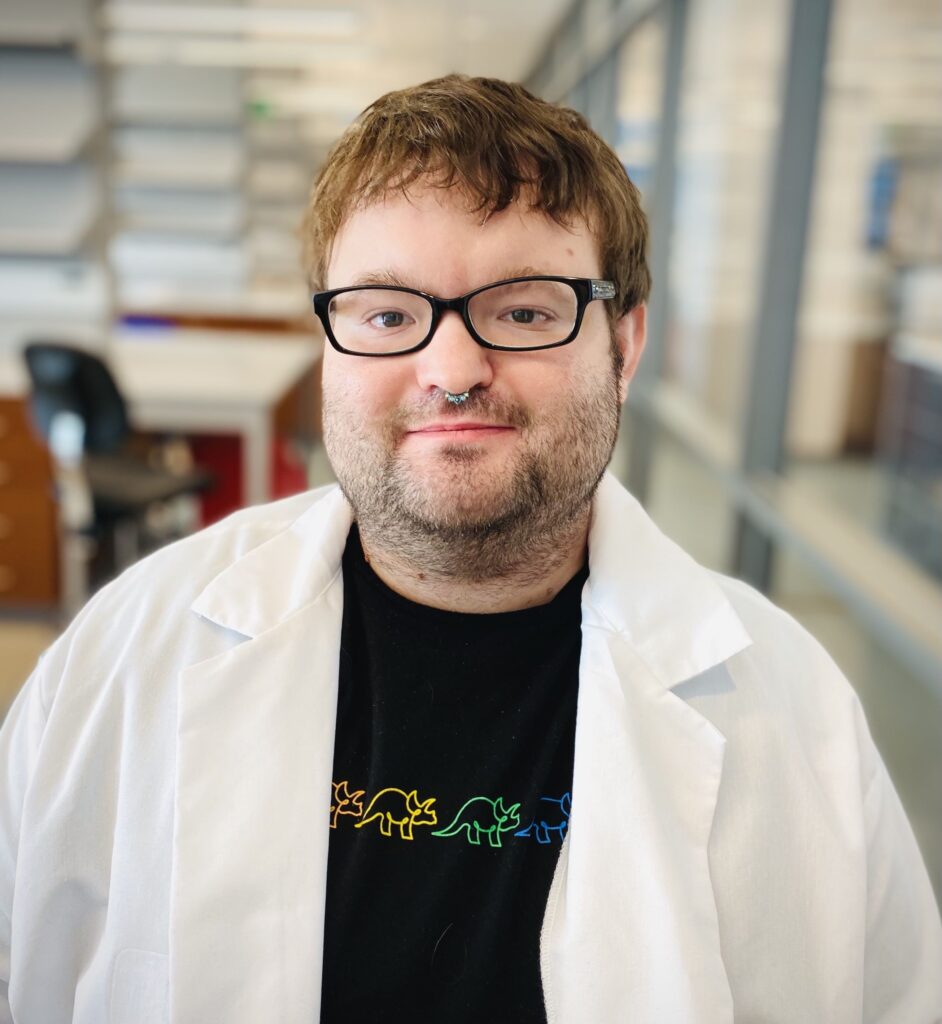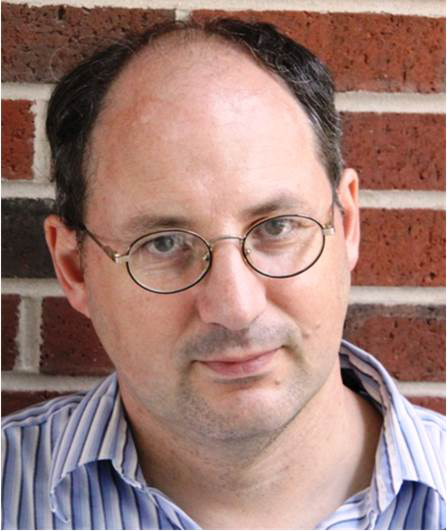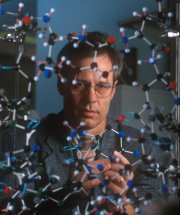Angus Wilkinson
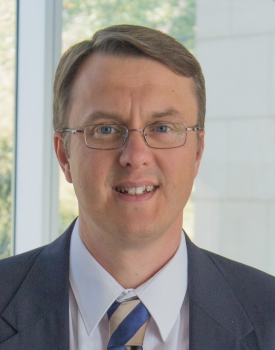
Angus Wilkinson is a professor in the School of Chemistry and Biochemistry and holds a joint appointment with the School of Materials Science and Engineering. Wilkinson obtained his bachelors degree in chemistry from Oxford University in 1988. He was a graduate student with A. K. Cheetham in the Department of Chemical Crystallography /Inorganic Chemistry at Oxford from 1988 until December 1991. His graduate work focused on the application of synchrotron X-ray powder diffraction to problems in solid-state chemistry.
For the last two years of his graduate studies he held a senior Scholarship from Christ Church, Oxford. From October 1991 until June 1993, Wilkinson was a Junior Research Fellow with Christ Church, Oxford. However, most of this period was spent on leave at the Materials Research Laboratory, University of California Santa Barbara. His work in Santa Barbara focused on the processing and structure of oxide ferroelectric materials. In October 1993 he joined the faculty at the Georgia Institute of Technology as an assistant professor. He received tenure in 1999 and was promoted to full professor in 2004. He is currently Associate Chair for operations in the School of Chemistry and Biochemistry.
His work at Georgia Tech has been wide ranging. Current projects include the synthesis and characterization of negative thermal expansion ceramics, in-situ studies of cement hydration under oil well conditions (high pressure and temperature) using x-ray and ultrasonic techniques, and the development of reversible carbon dioxide adsorbents. Previous work at Georgia Tech has included an exploration of chiral templates for the synthesis of chiral microporous materials, the low temperature synthesis of ferroelectrics, an exploration of low oxidation state gallium and indium oxide chemistry with a view to finding new ferroelectric and nonlinear optical materials, the development of resonant x-ray scattering methods for use on thermoelectric energy conversion materials, and an examination of cement durability under sulfate attack conditions using high energy x-ray scattering combined with microtomography.
Thermoelectric Materials; Metal-Organic Frameworks; Modeling

